Ikigai is a life philosophy that somehow accounts for the unusual longevity of life in the residents of Okinawa, Japan. It simply put, a reason for living. This article, Ikigai health secrets: 7 proven way to live longer and happier, based habits that promote a long life and overall wellness. In other words, Ikigai blends passion, purpose, and meaning-not just a mind set but a way of living that invites the body to nourish, the mind to calm, and the spirit to soar.
1.Purpose, Every Day

People in the Okinawan region live well into their 90s and even 100s, not in small numbers, but they really are just surviving. One of the reasons for this is their overwhelming sense of purpose. They all wake up to do something meaningful, tending a garden, teaching skills, or helping with local festivals. Studies have shown that having a sense of purpose in life can significantly decrease the chances of acquiring heart disease and stress hormones while promoting longer life expectancy.
Tip:
Ask yourself every morning, “What makes me feel alive?” Start small-help someone, create something, or learn something new.
2.Move Naturally All Day
Okinawans see their daily life as exercise, which is unlike Western cultures, which mostly exercise in gyms. Okinawans walk, garden, clean, and squat on the floor (which encourages flexibility).This is one way of low-intensity activity throughout the day, which keeps their joints lubricated and their muscles invigorated.
Tip:
Forgo that 5-minute car trip and walk. Stretch while watching TV. Make natural movements a part of your lifestyle.
3.Hara Hachi Bu: Eat 80% Full

Hara Hachi Bu, one of the most well-known Ikigai health practices, translates to “eating until 80% full. Hara Hachi Bu prevents one from overeating and therefore promotes good digestion and metabolism. Their diet is relatively low in caloric density with high nutrient content-consisting of such items as vegetables, tofu, sweet potatoes, seaweed, and green tea, with little to no processed food.
Tip:
Serve small portions and eat slowly. Be aware of what your body is telling you regarding hunger and satiety.
4.Build and nurture social connections (Moai)

Okinawans would form their Moai, into which they took strong community attachments-a group of friends that had made a lifelong commitment to supporting one another, emotionally, socially, and even financially. A sense of belonging and camaraderie is essential for emotional health and resilience.
Tip:
Spend time with those who elevate your spirit. Go walking with them, or participate in classes or just have casual gatherings with friends every week.
5.Simple rituals to stave off stress
By their long lives, Okinawans do not seem to be working against any sort of stress.They have simple rituals that bring peace to their lives, such as morning prayer, honouring their ancestors, Japanese tea ceremony, and deep breathing exercises. These everyday rituals are known to drop cortisol levels and embrace the heart.
Tip:
Good continuity is a 5-minute mindfulness session that you want to start or complete your day with. Keep a gratitude journal, practice deep breathing, or listen to soothing music.
6.Stimulate and challenge your mind

The fifth pillar of Ikigai implies commitment to life-long learning. The elderly in Japan train their minds by reading and writing, playing traditional games, and staying curious. Mental activities reduce the risk of cognitive decline, and are important for psychosocial well-being.
Tip:
Pick some new books to read, learn a language, or make use of puzzles that can engage your brain.
7.Stay in the present moment and express gratitude daily

Living Ikigai also accords extreme emphasis to living purposefully. This might include indulging in a good homemade meal or simply taking a second to appreciate the beauty in nature around you: living mindfully promotes happiness. Such gratitude is an inherent part of their culture- giving thanks for food, friends, and life.
Tip:
Make a habit of writing down three things a day you’re grateful for. Small joys can create great ripples in life.
The 7 Ikigai Health Secrets Summary:
Follow your purpose-find it each day
Move naturally and regularly
Hara Hachi Bu: Eat until 80% full
Maintain social connections with your Moai
Use rituals and mindfulness to reduce stress
Lifelong learning keeps the mind active
Practice gratitude and stay present. Let the Ikigai way lead you-not only to longevity but to joy as well!
Conclusion:
The central tenet of Ikigai dictates that health and happiness do not result from eating less or working out more but from living a life filled with meaning and intention. The following seven Ikigai health secrets may assist you in weaving your life with joy, purpose, and longevity. Start with just one habit. Who knows? A healthier and happier one might be just a mindful step away.


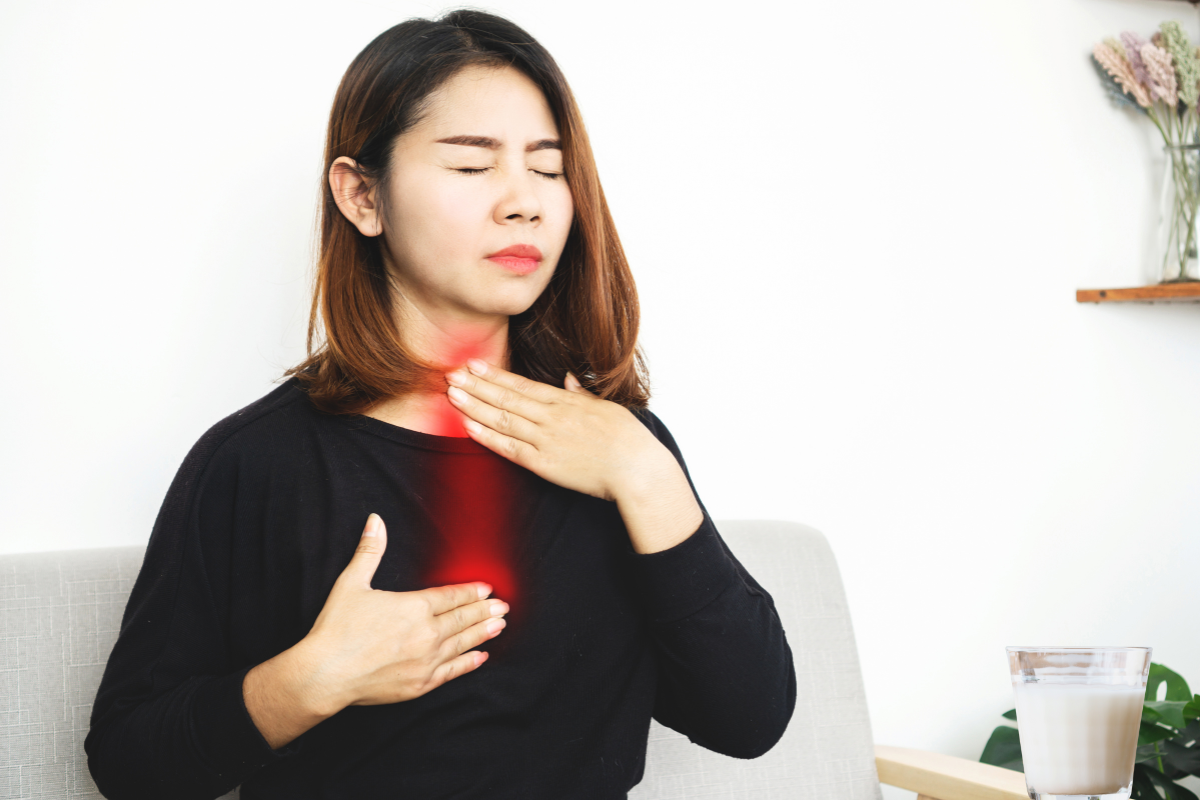
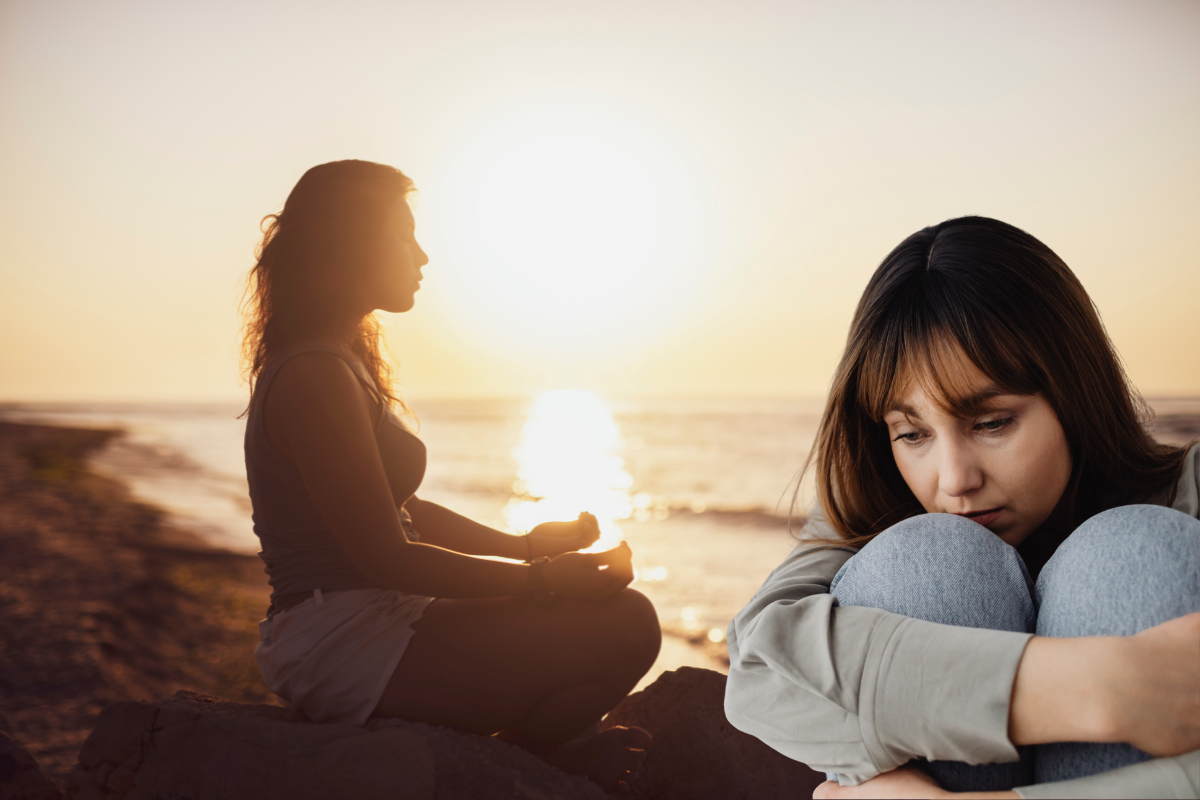

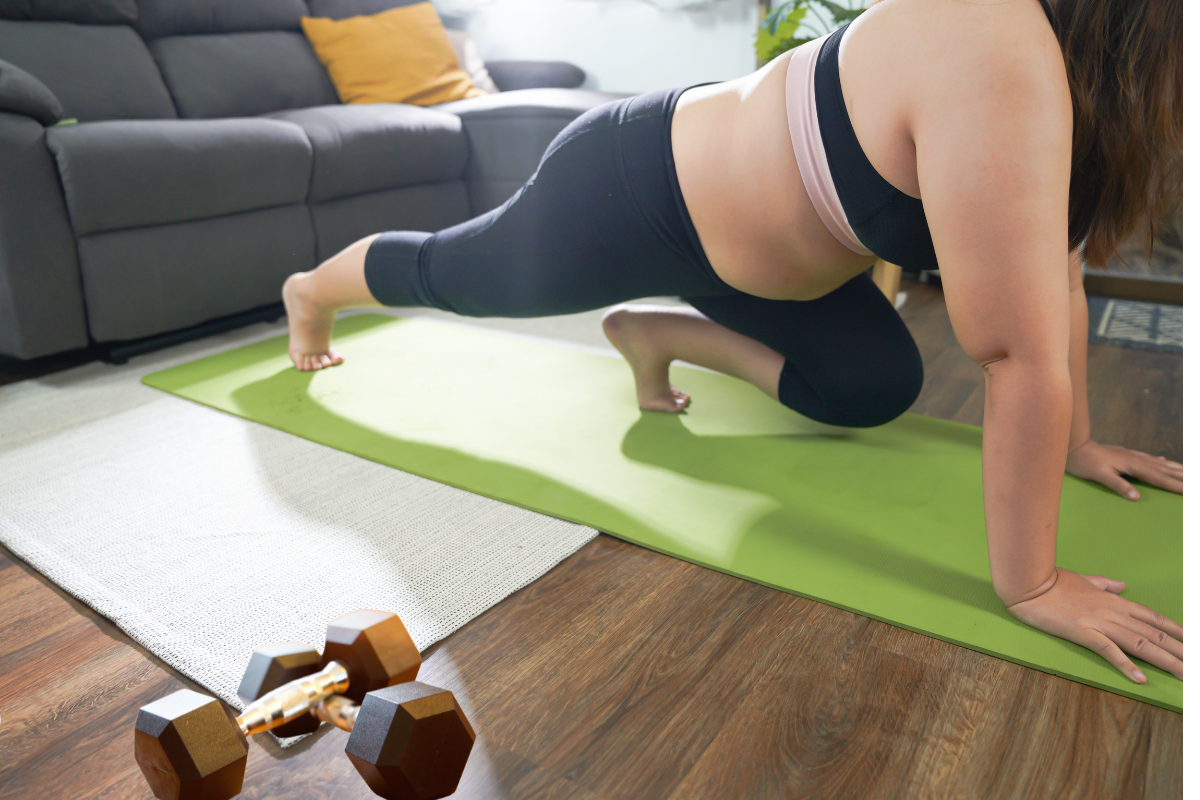
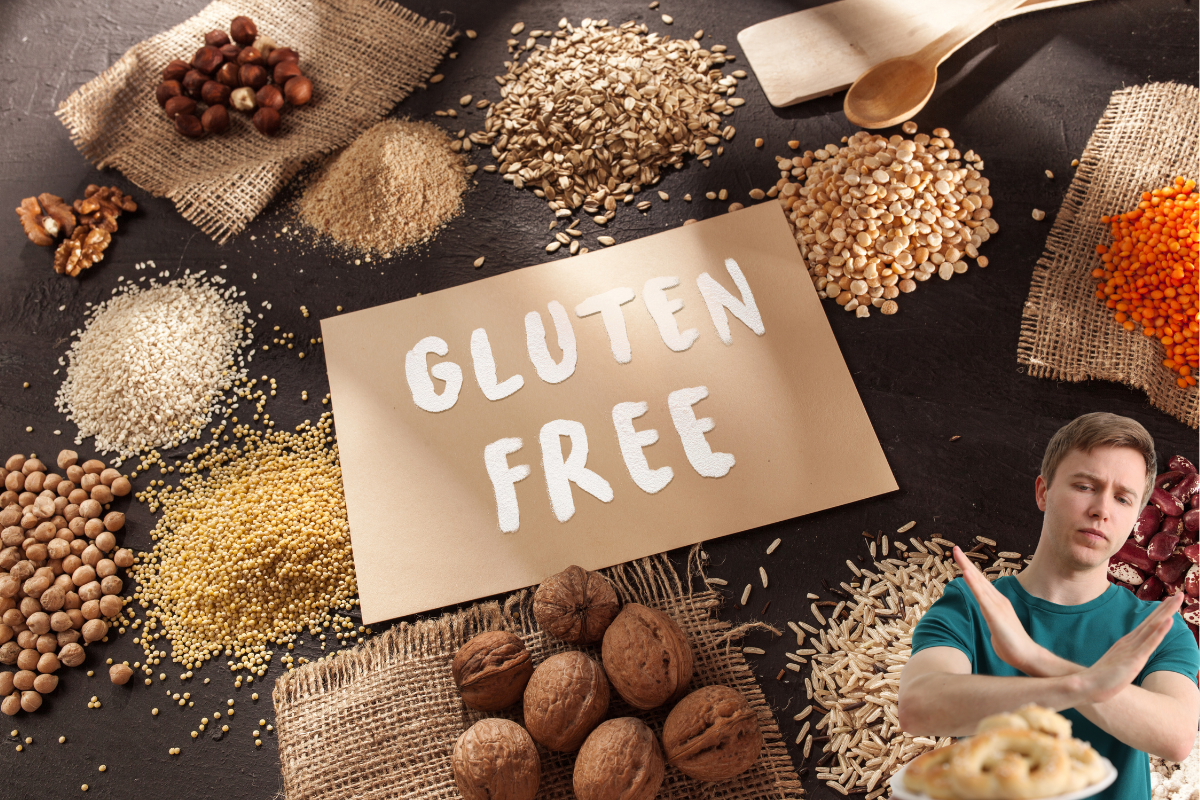
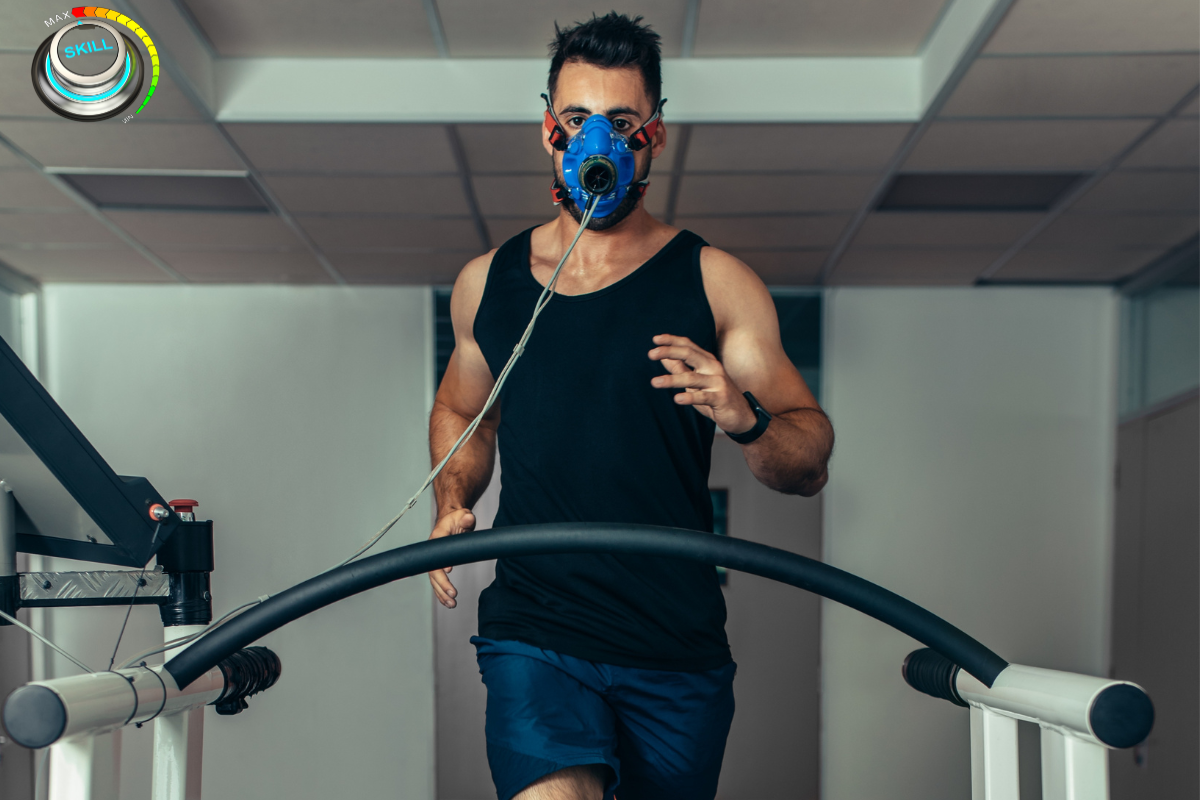

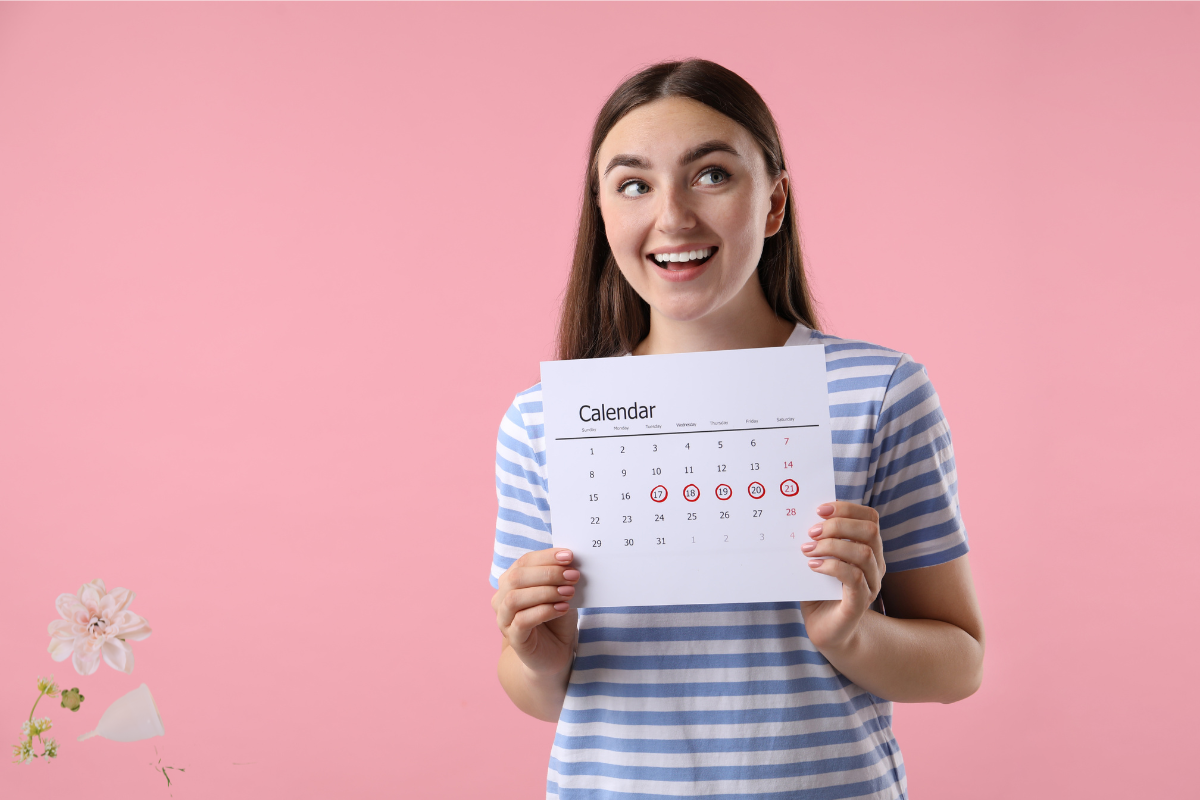
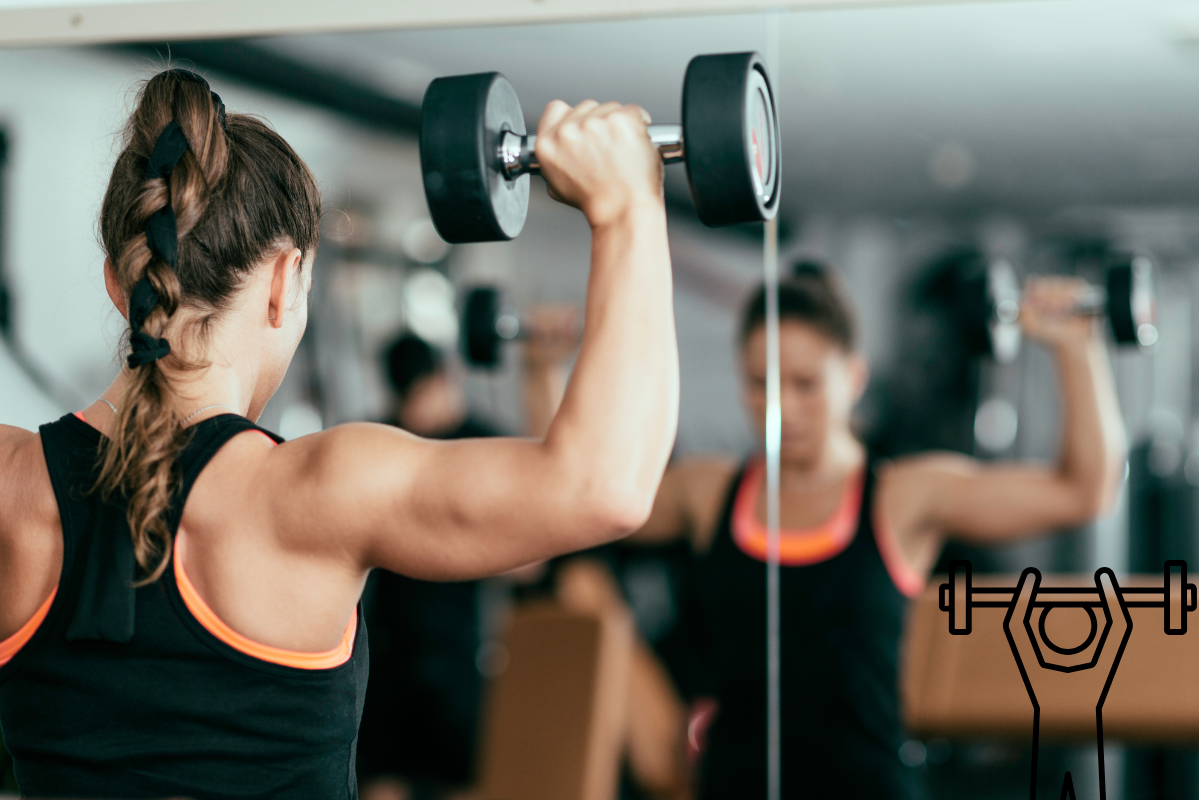
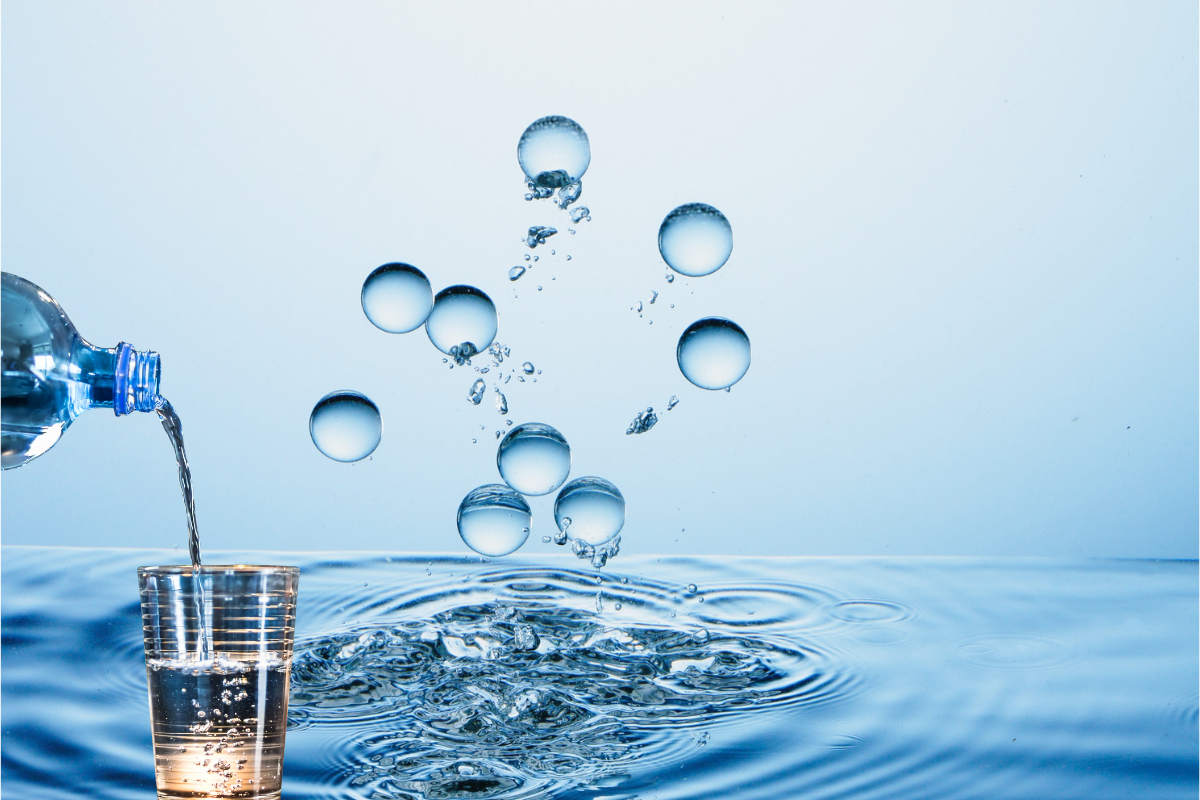
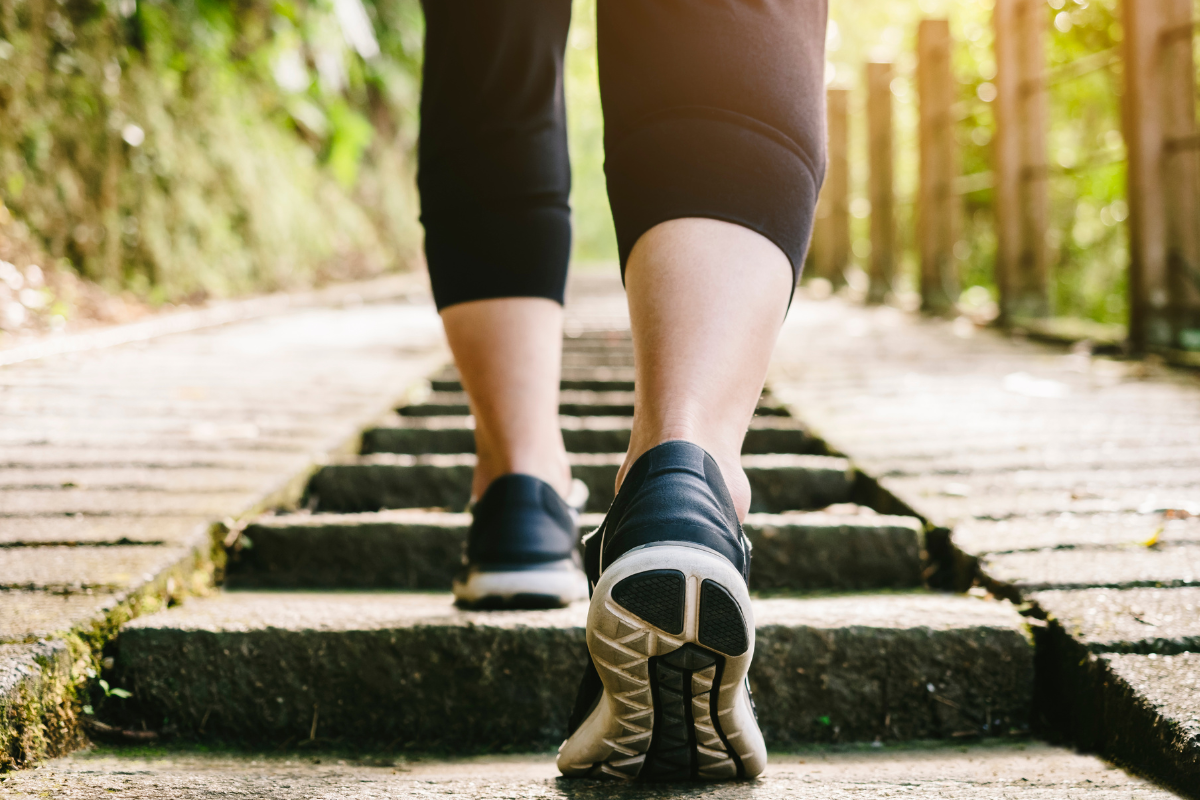
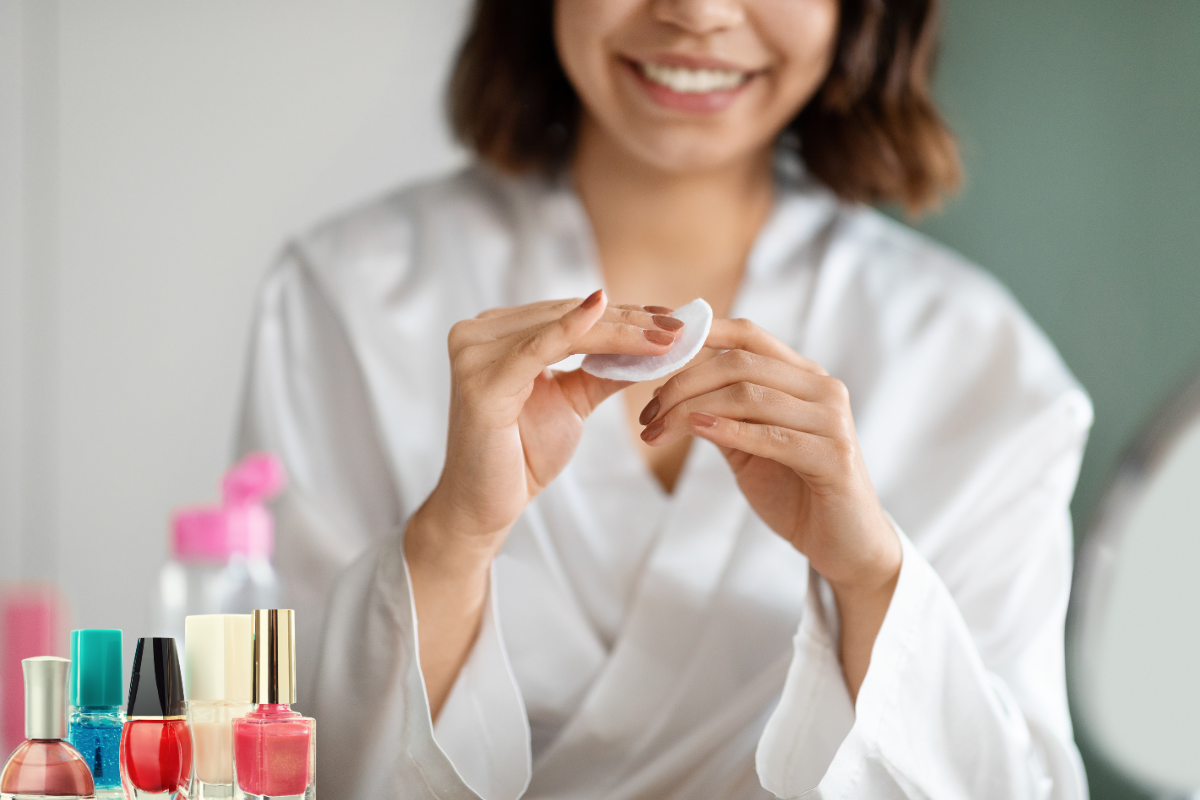
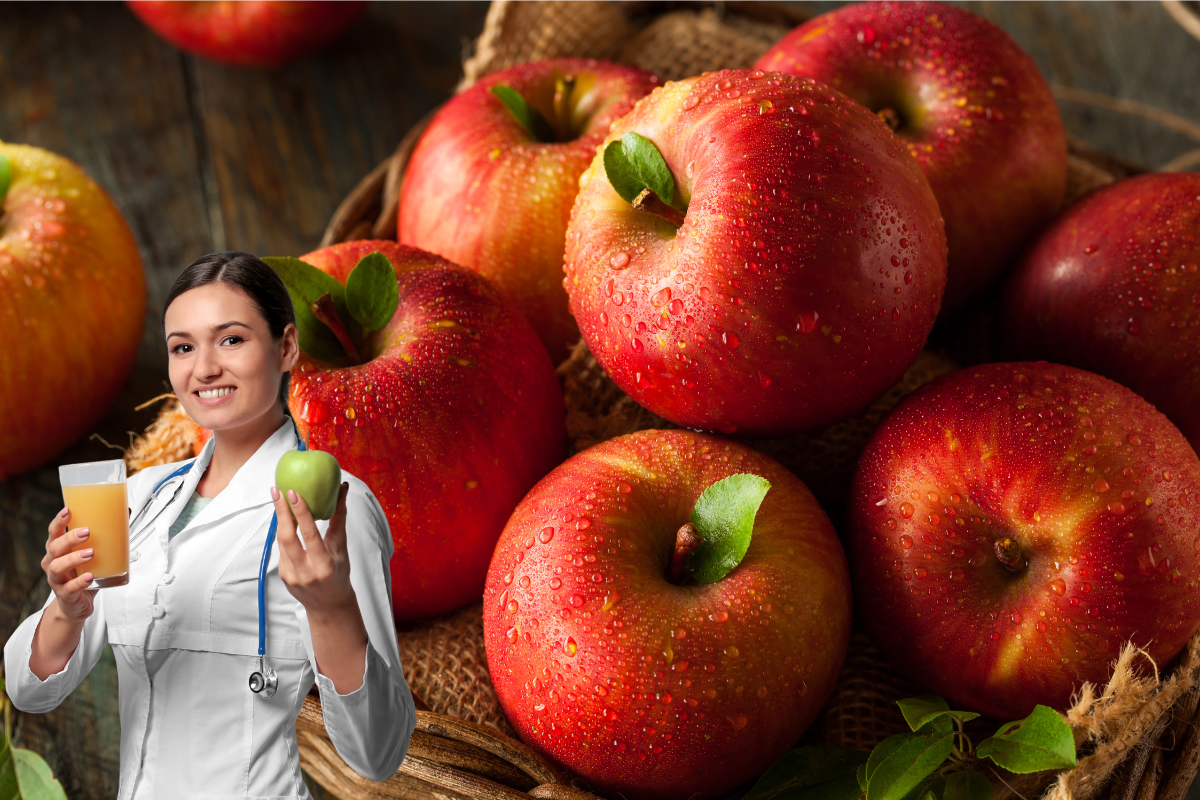
Leave a Reply